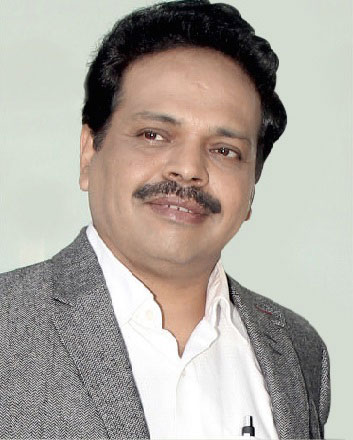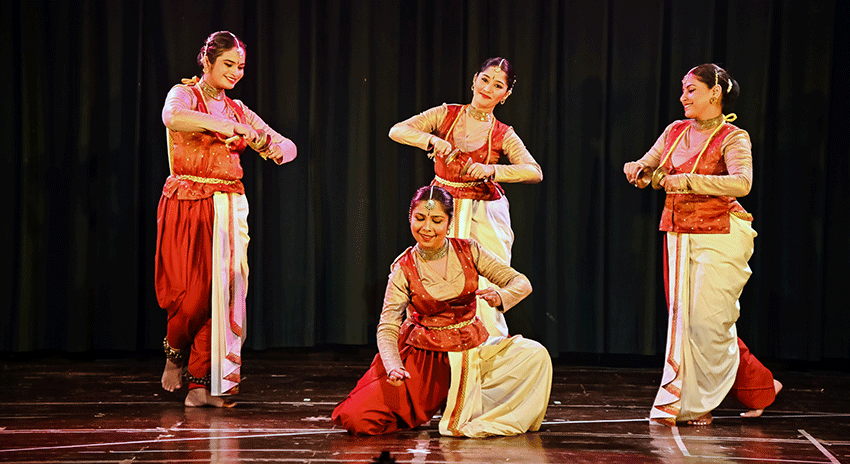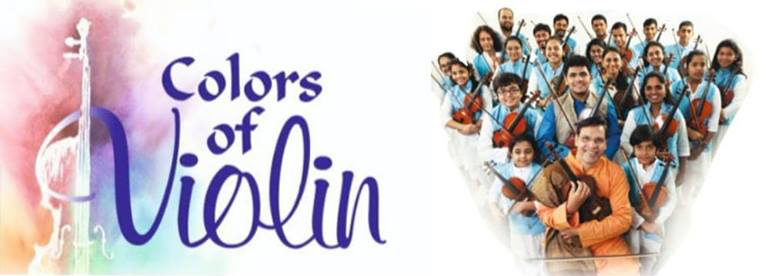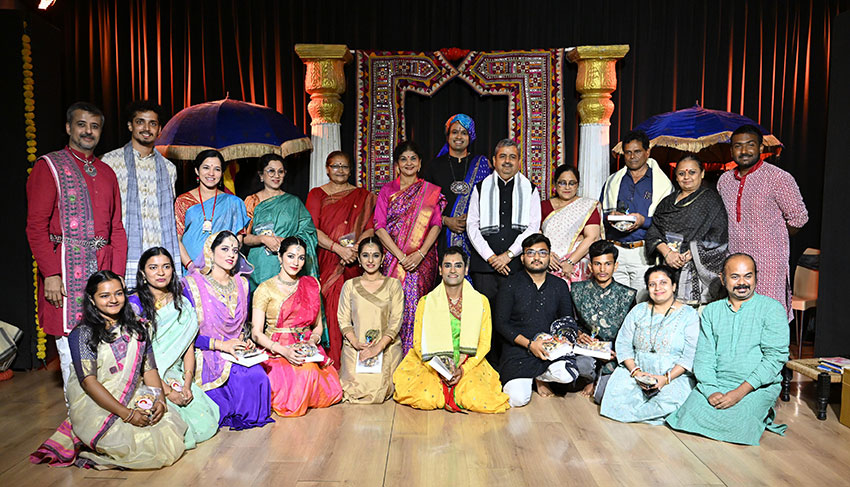The answer is big YES… ! The only change we need to bring in is to give up a fragmented approach and adopt a united approach.
I was a panellist in a webinar titled ‘Getting organized during diversities’. While speaking on the subject, a thought came to my mind that if the topic was ‘WHY getting organized ONLY during diversities’, the discussion would have been in some other direction. And actually, that is the food for the thought and introspection for entire music fraternity in this lockdown period. Would like to mention here about an International seminar hosted by our Musicians Federation of India on 2nd and 3rd of December 2019 on the subject of ‘The Economy of Streaming Music’. The seminar was attended by who’s who of international music scenario from approximately 20 countries like American Federation of Musicians, Canadian FM, many European Countries, PPL-UK Chairman, International Federation of Musicians, WIPO, Government of Indian nominee and a couple of panellists from Indian Music Industry also like IPRS, ISRA, IMI etc.
The objective of the said seminar was to understand the systems and practices adopted by them in their countries with respect to the music industry and its stakeholders and compare those with Indian systems and practices and improve wherever possible. So, you would wonder why I am referring this seminar over here and what is the relevance? I found that one of the major differences in the music industry practices prevailing in their countries and in India has a ‘fragmented approach in building music ecosystem’. We are fragmented whereas they are all united.
Now let us understand, how CORONA has opened up a plethora of opportunities for all musicians and stakeholders. In the past could you ever have imagined that your concert (subject to quality) could be attended by a bunch of audiences from South Africa, Australia, Kashmir, Jalgaon, Nairobi, Tonga etc.? There is a possibility that will happen now. With no denial of the fact that manual physical live performances involving a large or a small group of the audience will hold its unmatchable experience for the viewer and the artiste on stage. But as we all have to realize that ‘the change is the law of nature’ and musicians have to adapt themselves to the new-age audience. One never knows, there could be better monetization of quality content compared to the past. This development is highly possible with a contribution of the musicians, an appeal from the artiste to their fans and audience will leave an impact towards bringing a change towards this music industry. The musician will appeal their fans to join a community and create a pool of audience and achieve a musical and economic growth of genres.
Great philosopher, Tom Visack has stated: “People working together in a strong community with a shared goal and a common purpose can make the impossible possible.”
Considering the previous timelines and opportunities to unite, our community could have potentially acquired a larger audience base and more economic evolution in the non-film music industry. Given the present scenario, well developed a fundraising would have been the definite result of our unity. Provision of shelter, food and clothing would be possible. An excellent example of community building is British Music Union (BMU), UK has distributed huge amount as hardship money to their 32,000 musicians’ members. All 32,000 members of BMU have pledged their faith and confidence with the BMU to negotiate with the Government and also spare some financial assistance from the kitty available for the needy musicians in this difficult time. Due to the unity of the stakeholders of the music industry there in the UK, the Government too cannot afford to overlook the segment and they have to provide solutions to various problems. Something similar I observed in Denmark, their Danish Music Union (DMU) is very proactive and effectively fight for the legitimate rights of their member musicians.
Strength of Indian Music Industry
As we all know, India has hundreds of music genres, thousands of musicians, lacs of music students and millions of audiences? Despite this magnanimous strength, we all are in the sorry state of affairs with regard to commercials, health, the standard of living and many more aspects. I can promise that, across the world, no union or federation or no association in the world can even match the number of strength what we can showcase. What we need to immediately do is to leave the fragmentation approach and unite under one banner.
If we all decide to come together, we can become a huge community and can design rules and regulations of our own community. We can have different sub-verticals based on genres and subgenres and those can function independently so that we can keep track of the growth of each genre. This way we will be able to achieve financial independence and the economic and musical growth too.
Conclusion
In my opinion, the present pandemic has provided an opportunity to all of us to introspect our strategies with regard to music consumption, content creation, music education, music promotion, monetization etc.
Global Community of Indian Music (GCIM) is an offshoot of Musicians Federation of India (MFI) which is affiliated with International Federation of Musicians (FIM), Paris registered with UNESCO and having chapters across 70 countries.










